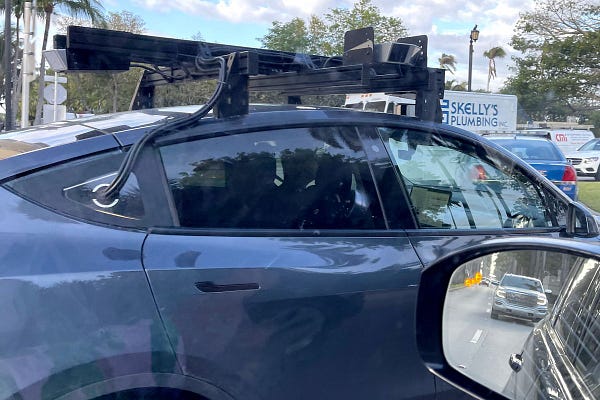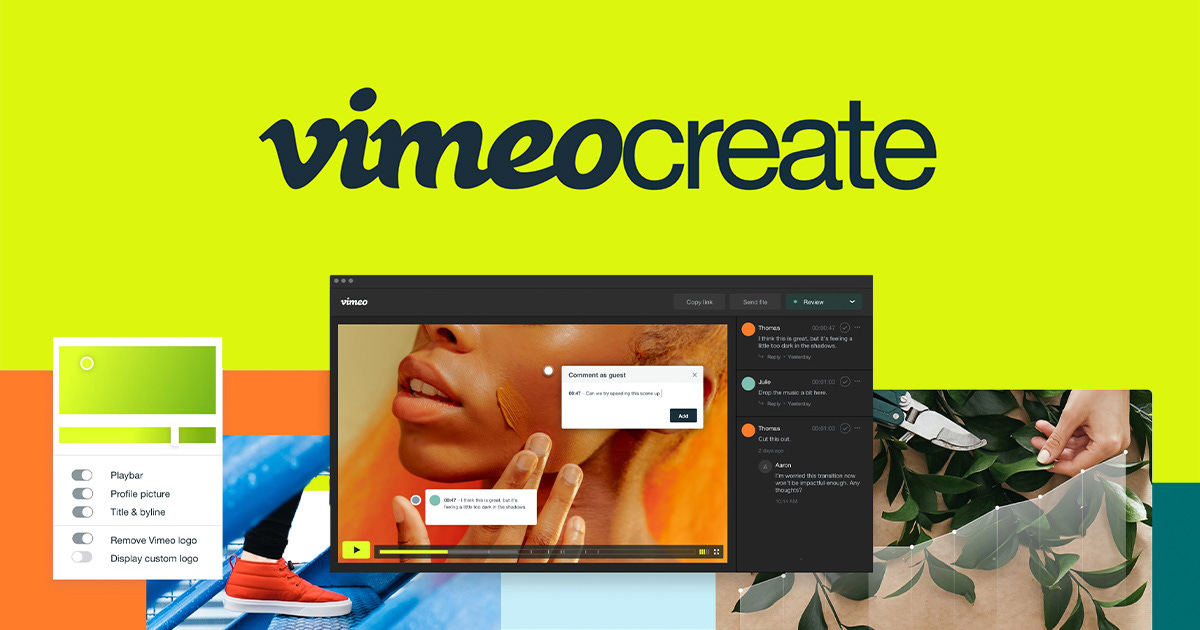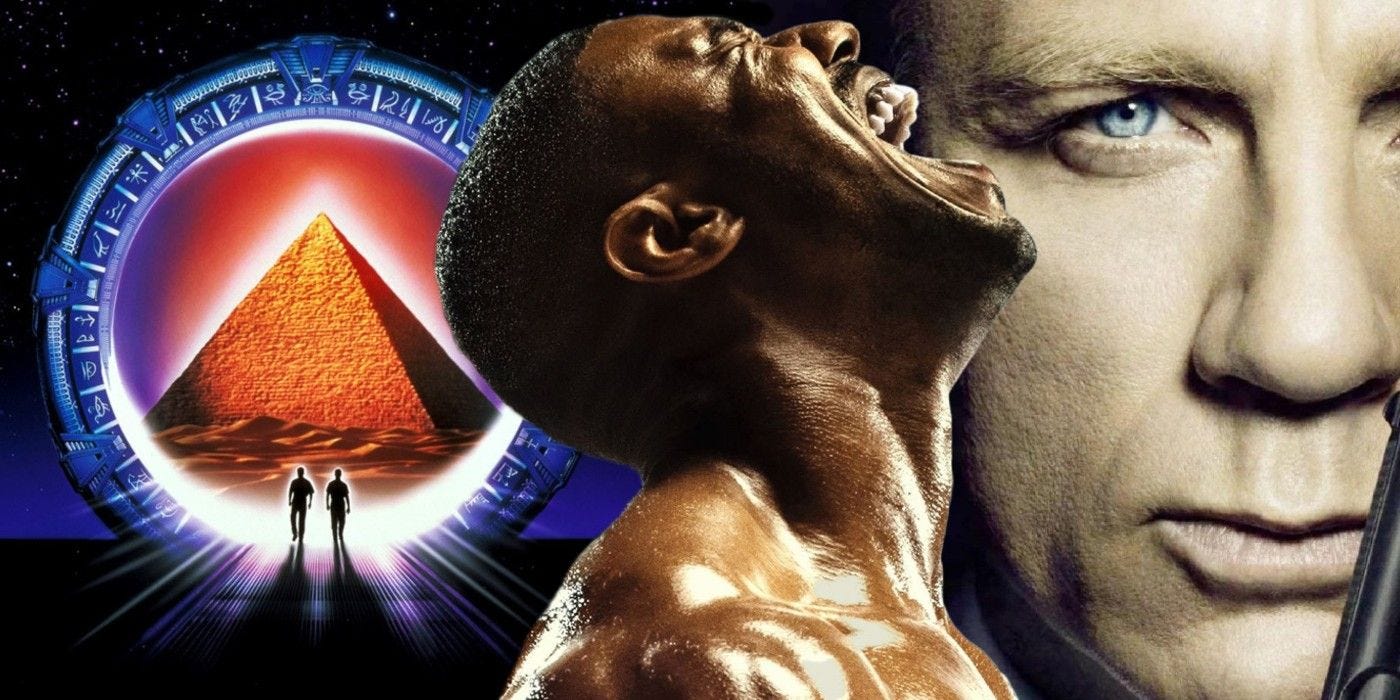Headline Developments
China is looking to continue its rout on crypto, pushing for the suspension of some crypto mining operations late last week. Chinese Vice Premier Liu He told a group of officials that the Government would “clamp down on bitcoin mining and trading activity” to achieve financial stability. This catalysed companies like China’s HashCow, which owns the world’s largest mining ‘farms’, to announce a halt of machine sales in the country.
A side note - China accounts for more than 75% of bitcoin mining around the world and, from an environmental perspective alone, these mining activities were projected to generate more than 130m metric tons of CO2 emissions by 2024 (that’s around the same as the annual CO2 emissions from the Philippines or the Netherlands each year).
Netflix (NFLX) is reportedly on the lookout for an executive to lead their gaming expansion. Like Apple Arcade, the Netflix strategy is likely to be a subscription-based platform providing customers with access to a suite of gaming titles based on popular titles, including original series like Stranger Things, which did become quite an enjoyable lockdown game in 2020 for some! Netflix has also dabbled in ‘gamified’ content in the past, overlaying a ‘choose your own adventure’ style format for viewers to make decisions on behalf of the main character. Similar moves would also be logical for Disney (DSNY) given the content library of Pixar, Star Wars and Marvel (how about a Disney/Nintendo merger)?
Gaming platform and developer Valve (private) is reportedly releasing a Nintendo Switch-style gaming computer called SteamPal, enabling gamers to play games on Valve’s Steam platform on the go. They have had a close relationship with Microsoft in the past so it will be interesting to see how this develops and what role, if any, Microsoft will play.
Microsoft (MSFT) CEO Satya Nadella has teased the next generation of Windows during his opening remarks for Build 2021 - the company’s dev conference. Nadella has been self-hosting the upgraded platform over the past “several months” and is “incredibly excited about the next generation of Windows”. It’s likely they’ll also seek to capitalise on the Apple v Epic battle, giving creators better opportunities to “monetise” applications with further rumours indicating Microsoft may allow third-party commerce platforms, circumventing the company’s 15 per cent cut on apps and 12 per cent cut on games.
Other Developments
The rumour-mill went into overdrive this week after a Tesla (TSLA) was spotted in Florida with Luminar’s (LAZR) LiDAR sensors. The reason why this is important is that Tesla has never used LiDAR in its cars with Elon Musk being a long-time sceptic of the technologies usefulness. Subsequent reports from Bloomberg suggest Tesla has a contract with the LiDAR supplier for testing and development purposes which somewhat aligns with Tesla’s previous comments that they use LiDAR for ‘ground-truthing’ to test their own capabilities vs other sensors.




Ford (F) has just released the F-150 Lightning, an electric version of the best selling gas-powered truck for the last five years (which sold 550k units in 2020). The base model of the Lightning will cost $40k, with a range of 230 miles, whilst the premium version starts at $90k with a 300-mile range. It also acts as a backup generator for the home (something which will be standard in all future EVs) and real-time range estimates (taking into account load weight and weather). Compared to other electric trucks, it’s better bang for buck than the Bollinger B1 and B2, and the upcoming electric Hummer, but provides far less range than that suggested for Tesla’s Cybertruck and the hydrogen-powered Nikola Badger.
Another thing you’ll notice in that graph above is that a lot of cars claim over 400 miles of range but, as yet, the Tesla Model S is the only one available for purchase that breaks that mileage barrier (and even then, feedback from owners is that the advertised range is a stretch!). So, yes, whilst Nikola, Nio, Lucid, Mercedes etc may all make grandiose mileage claims - the proof will be in the pudding.
Luckily, there will be a heap of solutions in future to address such ‘range anxiety’ with improved fuel-cell technologies, engineering tech (i.e. solar-powered car panels) and more rapid and expansive charging networks. There’s also the concept of a building charging technology under the highway, much in the same way you would charge your phone on a wireless charger. Well, that concept is now becoming a reality with the world’s first charging Highway under construction in northern Italy. The system, built by Israel’s ElectReon Wireless (ELWS.TLV), installs copper coils under the asphalt, which is then transferred to the vehicle’s battery via magnetic induction.
Snapchat (SNAP) has introduced a new AR lens called “Connected Lenses” to allow people to share the same AR experience even if they’re not physically together. The company teased the new feature (below) via a collaboration with Lego (private) which will allow users to build a lego model together using AR. This comes on the heels of Snap’s new Spectacles which, for now, will only be released to a select group of AR developers.
PayPal’s (PYPL) head of blockchain and crypto, Jose Fernandez da Ponte, said this week that the company will be adding support for third-party wallet transfers. This means you’ll be able to send crypto to other PayPal and Venmo accounts, and seamlessly transfer to other services like Coinbase (COIN) and various crypto wallets. PayPal’s executive said, “We understand there is more utility in those tokens if you can move them around, so we are definitely exploring how we can let people transfer crypto to and from their PayPal addresses”.
Facebook’s (FB) WhatsApp is taking the Indian Government to court after the Government enforced a range of new tech regulations including a provision that all major messaging apps (including encrypted platforms like WhatsApp, Signal and Telegram) need to give authorities the power to “trace” private messages. In essence, this means that authorities can now approach WhatsApp with a specific piece of criminal content, and order the platform to cough up details about the account that was first caught sharing it. Facebook’s concern is that innocent people could get caught for sharing certain information and that by creating a back door to an encrypted platform they would compromise the security of the platform.
Australian ‘buy now pay later’ company Zip (Z1P.AU) is looking to expand further into Southeast Asia after acquiring a stake in the Philippines company TendoPay last month. CEO Larry Diamond told Reuters that the company is actively looking at Singapore, Malaysia, Thailand, Philippines and India as part of this push (in parallel to its North America strategy under unit Quadpay). On the plus side, the opportunity is huge (i.e. the ~630m SE Asian population has huge mobile adoption but only 27% have a bank a/c)! However, this won’t be an easy strategy to pull off for the Aussies with local players like SEA Limited’s (SE) Sea Money (specifically, SPayLater), Grab’s PayLater, Gojek’s GoPay and PayPal’s (PYPL) “Pay in 4” just some of the companies they’ll be up against.
Last week’s WIRE mentioned the Minderoo Foundation’s Plastic Waste Makers Index which saw Exxon Mobil (XOM) called out as the #1 contributor to plastic waste. Well, this week we saw activist investor Engine No. 1 win two (new) board seats at Exxon with a mere 0.02% stake (usually activists need a chunkier stake to have even the slightest bit of influence!). Engine No. 1 has been pushing the polluter to take more seriously its role in a zero-carbon world, including its focus on innovative solutions. According to Engine No. 1, what Exxon needs are directors who can help “turn aspirations of addressing the risks of climate change into a long-term business plan, not talking points”. Inevitably, if companies like Exxon have the long-term interest of shareholders front of mind then they will inevitably see the value (and logic) of investing in broader, more innovative solutions which will not only deliver shareholder value but contribute positively to this zero-carbon future.
IPOs | SPACs
Video platform Vimeo (VMEOV) dropped 15% after being spun out of Holdco IAC Interactive (IAC) this week, vaulting the company at ~$8bn. The platform currently has 200m users and 1.6m paid subscribers, recently reporting run-rate revenue of $360m p/a (based on 1Q) and annualised net profit of ~$12m (swinging from a loss last year). The company is doubling down on enterprise solutions, such as live streaming and video monetisation following the acquisitions of Livestream in 2017 and Magisto in 2019.
Ripple’s CEO Brad Garlinghouse has said the likelihood of the crypto’s parent co Ripple Labs (private) going public is “very high at some point”. However, such moves would not be on the cards until the company has resolved an ongoing lawsuit with the SEC after the regulator filed a lawsuit against Ripple Labs, alleging the cryptocurrency was a $1.3b unregistered securities offering. For its part, Ripple claims it’s a commodity and is therefore beyond the remit of the SEC. Such classifications are part of the Eliminate the Barriers to Innovation Act 2021, which passed the house in April and is now headed to the Senate.
M&A | Cap Raise | Earnings
Snap (SNAP) isn’t messing about with AR, buying UK-based WaveOptics (private) this week for a reported $500m. WaveOptics makes optical waveguides for AR hardware - the same hardware that features in Snap’s latest Spectacles. The technology (below) enables the development of more efficient and streamlined AR glasses, however, there is still a key challenge to be overcome; that of battery usage. The new Snap spectacles only last ~30 mins (there’s a lot of edge computing required here!). This may be where guys like Google, Microsoft and specifically Apple get the upper hand (all the IP Apple created in battery range for the Watch is transferable to other edge devices like AR glasses).
Amazon (AMZN) has confirmed the rumours, formally acquiring MGM (private) for $8.45b, giving it a huge franchise encompassing James Bond, Rocky, Tomb Raider, Handmaid’s Tale, Stargate, Vikings and RoboCop. Jeff Bezos outlined the company’s rationale in acquiring the portfolio saying “MGM has a vast, deep catalogue of much-beloved intellectual property” which can allow MGM and Amazon to “reimagine and develop that IP for the 21st century”. This follows the spin-out of Warner from AT&T (T) - and subsequent merger with Discovery (DISCA) - in the past week and, of course, the consolidation of Fox under Disney (DIS) - which happened back in 2019. Now expect to see a plethora of new Bond, Rocky and Tomb Raider content over the coming years as all the major streamers vie to attract and retain active users.
Nvidia (NVDA) delivered a strong set of 1Q results with sales and earnings both surpassing street estimates (by 5% and 12% respectively). Below you can see that the quarterly trends across all key segments have been strong for the past couple of years, led by the gaming (up 106% YoY), data centre (up 80% YoY) and professional visualisation markets (up 21% YoY). The latter category includes areas like visual content, digital twins and engineering solutions. The company mentioned that crypto mining activities are driving a lot of demand, specifically from their CMP processor - responsible for $155m in revenue this quarter (and an expected $400m in the next quarter). It will be interesting to see how China’s crackdown on mining impacts that (it’ll likely have a marginal impact as other countries pick up the slack).
Have a great week.
Charlie
LinkedIn or E-Mail (cnave@granitebaycap.com)
Granite Bay Capital is an innovation focussed investment company with a deep focus on the companies at the leading edge of innovation across major themes such as AI, ubiquitous computing, sustainability, automation and longevity. Any views expressed in this article are those of the author(s) and do not constitute financial advice.












Great to have chatted tonight Charlie